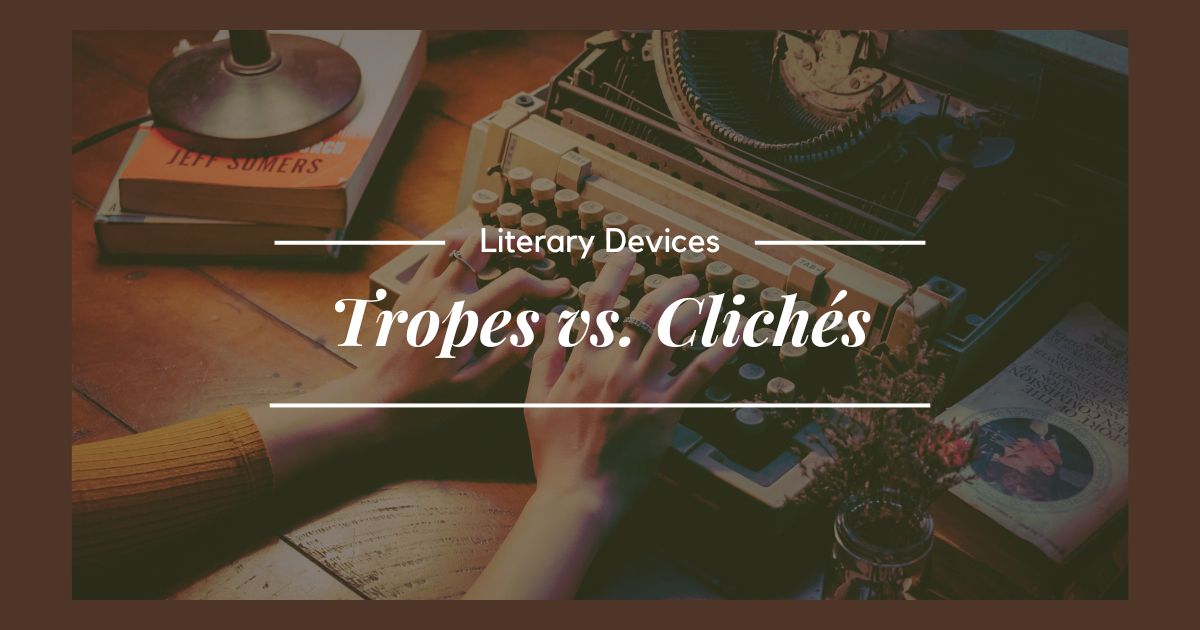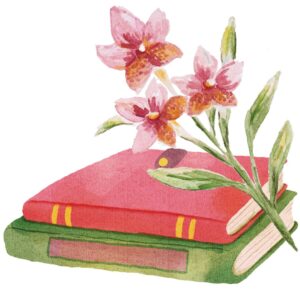As readers, we often hear the words “trope” and “cliché” in the online book world and in review spaces. But what do these mean, and how are they actually different from each other?
Tropes are storytelling devices, while clichés are overused expressions that have lost their originality. Let’s dive in.
Tropes: Familiar Conventions Used Creatively
Tropes are conventions or devices that writers use to create a sense of familiarity or to convey specific ideas to the audience. The key to effective tropes is to use them creatively and in unexpected ways.
Here are a few examples of common tropes:
- The “Chosen One” trope: This trope features a hero chosen by the “powers that be” to complete a quest or save the world. It’s a common trope in fantasy and sci-fi genres, where world-saving plots are more prevalent. Think Percy Jackson or Harry Potter. The Lego Movie pokes fun at this trope when the main character is revealed to be the “Special,” who will save the Lego universe.
- The “love triangle” trope: This trope features a romantic conflict between three characters. Romance novels and teen dramas popularized this trope (think Twilight), but some storytellers can use it to great effect. For example, in The Hunger Games, the love triangle between Katniss, Peeta, and Gale is a metaphor for the larger political conflicts in the series, as Katniss must choose between loyalty to her family, her district, and the rebellion.
Compared to clichés, tropes can be popular among readers. If a reader, say, just devoured a book that uses the “fake dating” trope (wherein the two main characters pretend to date for some reason, but over the course of the book, they start to actually fall in love) – they may start to look for other books that use this trope to satisfy their craving for more.
Tropes are also great opportunities for books to subvert our expectations. Because tropes are familiar, we may start to expect a story to go a certain way – so it’s a perfect place to use a plot twist.
Clichés: Overused Expressions That Kill Creativity
Clichés are expressions or ideas that writers have overused to the point of losing their originality and impact. Many criticize clichés as “lazy” and argue that they can make a story feel predictable and unoriginal.
Here are a few examples of writing clichés:
- “It was a dark and stormy night”: This is the most recognizable cliché. It has been used so frequently over the course of time that it has become a joke, and is basically a shorthand for bad writing.
- “They let out a breath they didn’t know they were holding”: This phrase describes a character’s relief or tension release. Writers have used it so many times in recent memory that it has lost its meaning. Some people like to debate whether or not someone could actually not know they were holding a breath – but honestly, that doesn’t matter. It’s still overused and no longer impactful.
Clichés aren’t just found in writing style. Here are a few examples of plot clichés:
- “It was all a dream”: This cliché involves a plot twist where the events of the story turn out to be a dream or imaginary sequence. This is just exhausting and unoriginal, and it frustrates many readers.
- “It was inside you all along”: This is primarily a fantasy cliché. But it’s basically when the character who relied on an external object for magic or powers realizes the power was inside them all along. This is usually after the villain destroys said magical object, or something like that.
Why It Matters to the Reader
The use of tropes and clichés matters to the reader because it affects their experience of the story. Tropes can impart a sense of familiarity and comfort, or lay the foundation for a solid plot twist, but clichés can make the story feel lazy and unoriginal.
In order to create engaging and memorable stories, writers need to use tropes creatively and avoid clichés as much as possible.
Check out some of my other recent blogs:
- Listen for the Lie: Surprisingly engaging
- The Starving Saints: Excellent fantasy horror
- The Bog Wife: Finally, a 5-star read
- April memes
- The Rom-Commers: Mostly good








